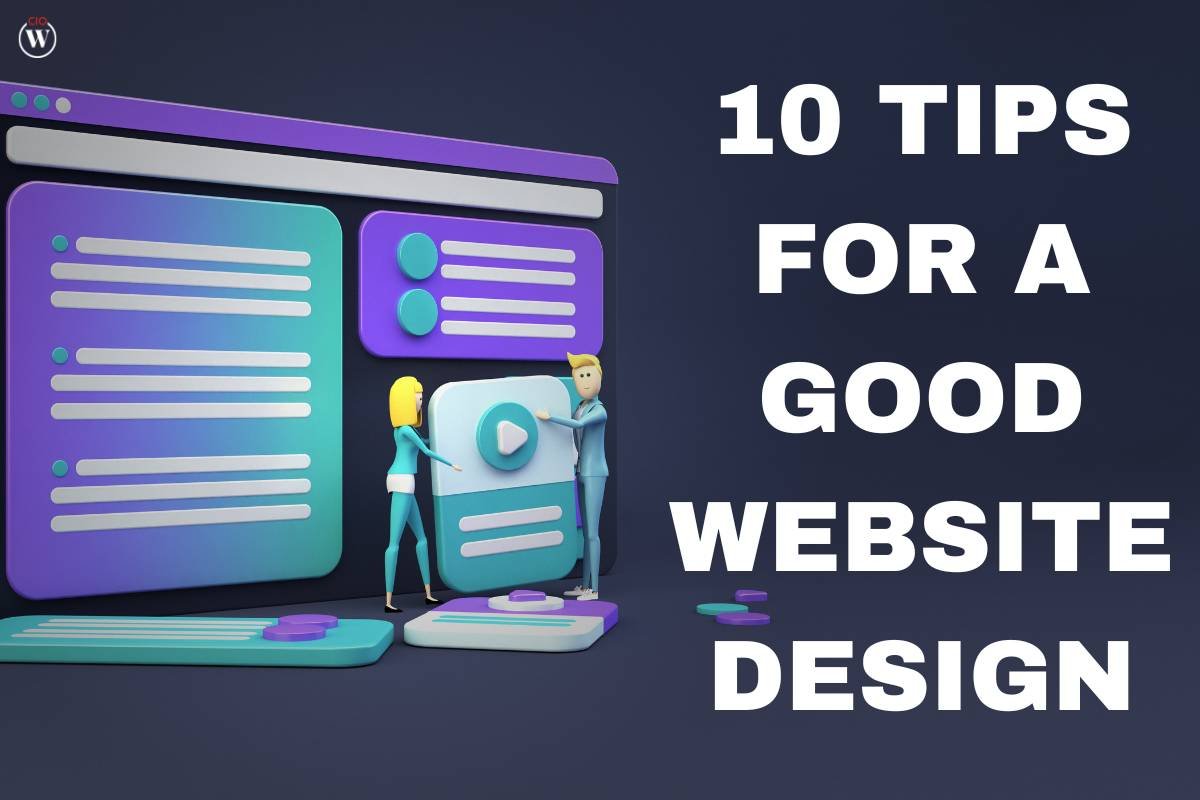Just go ahead and picture this for a moment: you’ve built a small business from scratch. You’re positive you’ve protected it in all ways possible, you’ve got a tight-knit team, everyone wears about six hats (and is proud of it), and every win feels personal. Then one day, your top employee gives notice. Not because of pay, not because of culture (maybe they’re not happy about all the hats, though), but because another company offers better health benefits. Well, it’s brutal, right?
But you better believe that for small businesses, this scenario happens more often than you think. While sure, it’s easy to assume health benefits are a “big business perk,” like something only the giants can afford. In fact, offering decent health benefits for small businesses is one of the smartest investments they can make.
Just generally speaking here, it’s not just about keeping employees healthy; it’s about improving morale, productivity, and retention in ways that directly impact the bottom line.
Healthy Employees are Productive Employees
It might sound obvious (and yes, it actually is), but healthy employees actually get more done. When workers have access to quality healthcare, they’re more likely to take preventive measures, manage chronic conditions, and get treatment when they need it instead of waiting until it spirals into something worse.
Health benefits for small businesses can directly impact productivity. It’s obvious, but think about how quickly productivity drops when an employee is constantly dealing with migraines, stomach issues, or skin conditions that flare up at the worst times. If employees can access treatments that improve their quality of life, they’re not distracted, drained, or calling out sick as often.
They’re able to focus on work, and that directly benefits the business. Yeah, sure, some (awful) people in the business world might see it as pampering or “spoiling” employees. But no, it’s not, they’re humans, not just some cog in a wheel. So it’s about recognizing that productivity starts with people feeling good enough to bring their best selves to work.
Benefits Keep Employees Around

Everyone knows that hiring is expensive, and turnover hurts (more than just profits, too). Actually, small businesses feel it even more than large corporations because every single employee plays a critical role. Just think about it, when someone leaves, it’s not just the cost of finding a replacement, it’s the hit to morale, the lost institutional knowledge, and the downtime that eats into profits.
So, when employees feel supported by their employer are far more likely to stay loyal. If someone has access to quality healthcare through their job, walking away from that isn’t an easy decision. Typically, it becomes part of why they stick around. For small businesses competing with bigger companies, health benefits for small businesses can be the secret weapon. Even if salaries aren’t sky-high, the security of solid benefits often tips the scales.
Morale Matters More Than You Think
Why would you want to work for a business that’s soul-crushing, right? But really, nothing drags down a workplace faster than stressed, burned-out employees who feel like their employer doesn’t care. It’s going to get to the point they’ll leave rather than just “tough it out”, and health benefits are a clear way to show that people matter. It’s not just lip service, it’s action.
When employees know they can afford to see a doctor, fill a prescription, or take care of a health scare without financial panic, it creates a sense of security. Of course, this doesn’t immediately fix how employers treat their employees (meaning that you need to treat your employees god), but that security alone can sometimes be translated to loyalty, better energy at work, and even stronger collaboration. People feel valued, and that vibe spreads quickly.
You Don’t Want Resentment

On the flip side, if employees feel like they’re constantly one medical bill away from disaster, resentment builds (especially if some of the health issues involve their job in some form). Just think about someone who needs a specialty treatment like Adbry for eczema but struggles to afford it without solid health coverage. Well, that kind of stress doesn’t just disappear.
You can count on it to last longer, and you better believe it shows up in lower productivity, higher turnover, and a general sense of “I’m just here until something better comes along.” You don’t want that as a business owner, right?
There’s the Money Question
Well, of course, the elephant in the room is cost. Usually, small business owners often hesitate to offer benefits because they see them as a massive expense. And yes, it does cost money. But at the same time, you really need to see it as an investment, and not just a line item. The cost of one employee leaving often outweighs the cost of offering decent benefits. Between recruiting, training, and lost productivity, turnover is brutal. When you run the numbers, offering health benefits often comes out cheaper in the long run.
Plus, healthier employees mean fewer sick days, better performance, and less burnout. So, all of that contributes directly to the bottom line. So while benefits might look pricey upfront, they often save businesses more than they spend.
It Can be a Competitive Edge

Sure, big companies might have deep pockets, but small businesses have something just as powerful, and that’s agility. While larger corporations often move slowly when it comes to implementing changes, small businesses can adapt faster. This agility, combined with offering health benefits for small businesses, can be a powerful strategy. Providing these benefits is a way to stand out in the local market, attract top talent, and build a reputation as an employer who truly cares.
And yeah, you can absolutely count on the fact that word will get around. Plus, a small business that offers solid benefits becomes a magnet for quality employees who want more than just a paycheck. Besides, we’re all living in a world where the best people often have multiple options, and that competitive edge can make all the difference.
But the Culture and Benefits Go Hand in Hand
Health benefits for small businesses are a powerful signal of the culture a company wants to build. Offering them sends a clear message: “We value our employees and want them to thrive.” That’s the kind of message that resonates. Seriously, culture isn’t built on pizza Fridays or casual Fridays; it’s built on the way people feel about their workplace.









